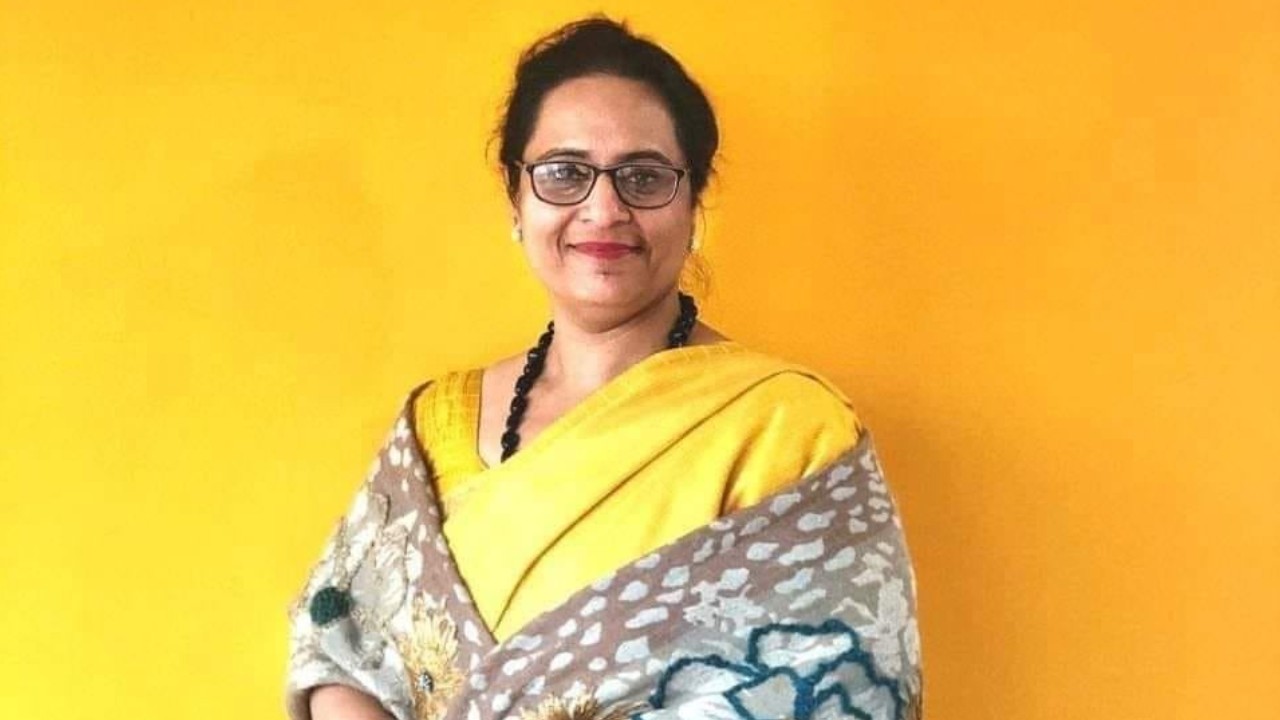Punret Beotra serves as Human Capital Manager at Beenext, overseeing people-related activities for its India-based portfolio. Previously, he led the People teams at FalconX, Fanclash, and DocOn (now part of Pharmeasy). At Beenext, Beotra aims to assist founders in accessing top talent and cultivating a culture that drives growth and success of startups.
In an exclusive exchange with The Interview World, Punret Beotra articulates his vision for how technology is shaping the future of the Indian startup ecosystem. He discusses the transformative impact of AI on startups, highlights significant concerns within the ecosystem, emphasizes the critical importance of funding for early-stage ventures, and forecasts the evolution of the Indian startup landscape over the next five years. Here are the key takeaways from his compelling insights.
Q: How do you foresee technology shaping the future of the Indian startup ecosystem?
A: Over the past five years, the government’s wholehearted embrace of technology stands out as a remarkable milestone. This enthusiastic adoption transcends traditional industries, FinTech, gaming, and e-sports, signaling a pivotal shift. Technology can revolutionize how we connect with a plethora of services, enhancing internet coverage, streamlining payment processes, and delivering seamless customer experiences.
As a tech-first investment company, we witness India’s transformative journey where the standard of living has risen notably, not only for the elite but also for the middle class. A few years ago, the dominance of cars like Alto and Maruti highlighted limited purchasing power. Today, increased disposable income is a testament to how effortlessly technology has woven itself into everyday life. The convenience of ordering groceries or clothes online within minutes has become the norm, all thanks to India’s incredibly affordable internet plans.
Furthermore, India now boasts one of the lowest internet costs per GB, a critical factor in bridging the digital divide. This widespread connectivity is poised to catapult the country’s progress to unprecedented heights, with technology serving as the cornerstone of this remarkable transformation.
Q: How do you perceive the impact of AI on the Indian startup ecosystem, given its increasing prominence and widespread discussion among tech enthusiasts and professionals?
A: In India, AI is more than just a buzzword; it’s a powerful tool for those who understand its potential. This sophisticated technology, often misunderstood, is something we’re helping startups harness to its fullest, both externally and internally. By automating mundane tasks, AI not only cuts down hiring costs but also frees up precious time, allowing early-stage companies to enhance their efficiency and focus on innovation.
As startups progress from seed funding to Series A, AI becomes indispensable. During these critical stages, many lack the resources to hire seasoned experts for every role. However, with AI, they can gain valuable insights and build a solid foundation for growth, ensuring they stay competitive and poised for success.
Q: What major red flags are you currently observing in the startup ecosystem?
A: One of the most glaring issues today is the rush of people diving headfirst into the AI and startup craze. Once upon a time, parents urged their children to become engineers or doctors. Now, the mantra is “start your own company.”
This wave of enthusiasm often leads people to launch startups without a shred of problem-solving insight or clarity on the issue they’re addressing. Copying another company’s playbook or assuming success will follow because someone else has achieved it is a flawed strategy. The fundamental question remains: do you truly understand the problem you’re solving?
A successful founder must grasp the core problem, design a solution, and lay out a strategic roadmap. The most alarming red flag is the mere imitation of others’ ideas. True success hinges on knowing the problem, having a viable solution, and envisioning the end goal with precision.
Q: How crucial is funding for startups in their nascent stage, and what role does your company play in supporting these startups through this critical phase?
A: One of the most pressing hurdles that early-stage companies encounter is people operations. Here’s the crux of the issue: while a team of 20 might consist of friends or familiar faces, scaling up to a 100 or 150-member team demands a strategic overhaul. It’s not merely about filling positions for the next six months but about crafting Key Responsibility Areas (KRAs) that facilitate long-term growth and development over the next five years. Hence, managing people effectively becomes a formidable challenge.
Compliance is another critical battleground. To tackle these obstacles, our venture capital firm employs dedicated internal resources. Post-investment, we bridge companies with our legal and HR experts. We orchestrate sessions where founders can delve into hiring strategies, policy development, and compliance nuances specific to their business stage and geographical location. For the first six months, our involvement extends well beyond financial backing. We engage in regular consultations covering legal, marketing, and HR aspects.
If a founder needs AWS credits or marketing guidance on Facebook, we provide tailored support through our partnerships team, which includes seasoned professionals with the requisite expertise. This approach signifies a shift in the Indian venture capital landscape. A decade ago, we operated on the premise that funding experienced entrepreneurs was sufficient. Today, we understand that many groundbreaking ideas spring from younger, less seasoned individuals who need more than just capital—they require comprehensive support in establishing processes and connecting with seasoned mentors.
Q: What trends and developments do you predict for the Indian startup ecosystem over the next five years?
A: The next five years are set to redefine the Indian ecosystem, powered by unwavering government support. The effectiveness of any nation’s startup environment largely depends on governmental backing, and with the current administration returning to power, India’s commitment to nurturing startups is evident and exhilarating. Our Limited Partners, including those from Japan and Europe, are already recognizing India as an emerging global powerhouse.
Amid the political instability sweeping Europe and the looming U.S. elections, investors are increasingly viewing India as a stable investment haven. This shift suggests that India might soon leap from its current fourth-place standing to claim a top-three position among the world’s economies.
Regarding economic forecasts, the bubble of 2018-19 will not reappear. That period was marked by a unique surge in Indian startups, and investors are now exercising greater caution, especially with larger funding rounds. Nevertheless, early-stage companies are thriving. Securing seed capital, up to 15 crore rupees, is notably easier today, thanks to a growing network of incubators and angel investors.
As India’s GDP per capita nears $2,500, purchasing power is strengthening, creating significant opportunities for startups. Previously struggling sectors, such as Ayurveda, are now gaining momentum. While early-stage companies are well-positioned for success, securing Series B and C funding may still pose challenges.










5 Comments
I loved as much as you will receive carried out right here The sketch is attractive your authored material stylish nonetheless you command get got an impatience over that you wish be delivering the following unwell unquestionably come more formerly again since exactly the same nearly a lot often inside case you shield this hike
Wonderful beat I wish to apprentice while you amend your web site how could i subscribe for a blog web site The account aided me a acceptable deal I had been a little bit acquainted of this your broadcast provided bright clear idea
I have read some excellent stuff here Definitely value bookmarking for revisiting I wonder how much effort you put to make the sort of excellent informative website
I was recommended this website by my cousin I am not sure whether this post is written by him as nobody else know such detailed about my difficulty You are wonderful Thanks
Fantastic site Lots of helpful information here I am sending it to some friends ans additionally sharing in delicious And of course thanks for your effort
Comments are closed.